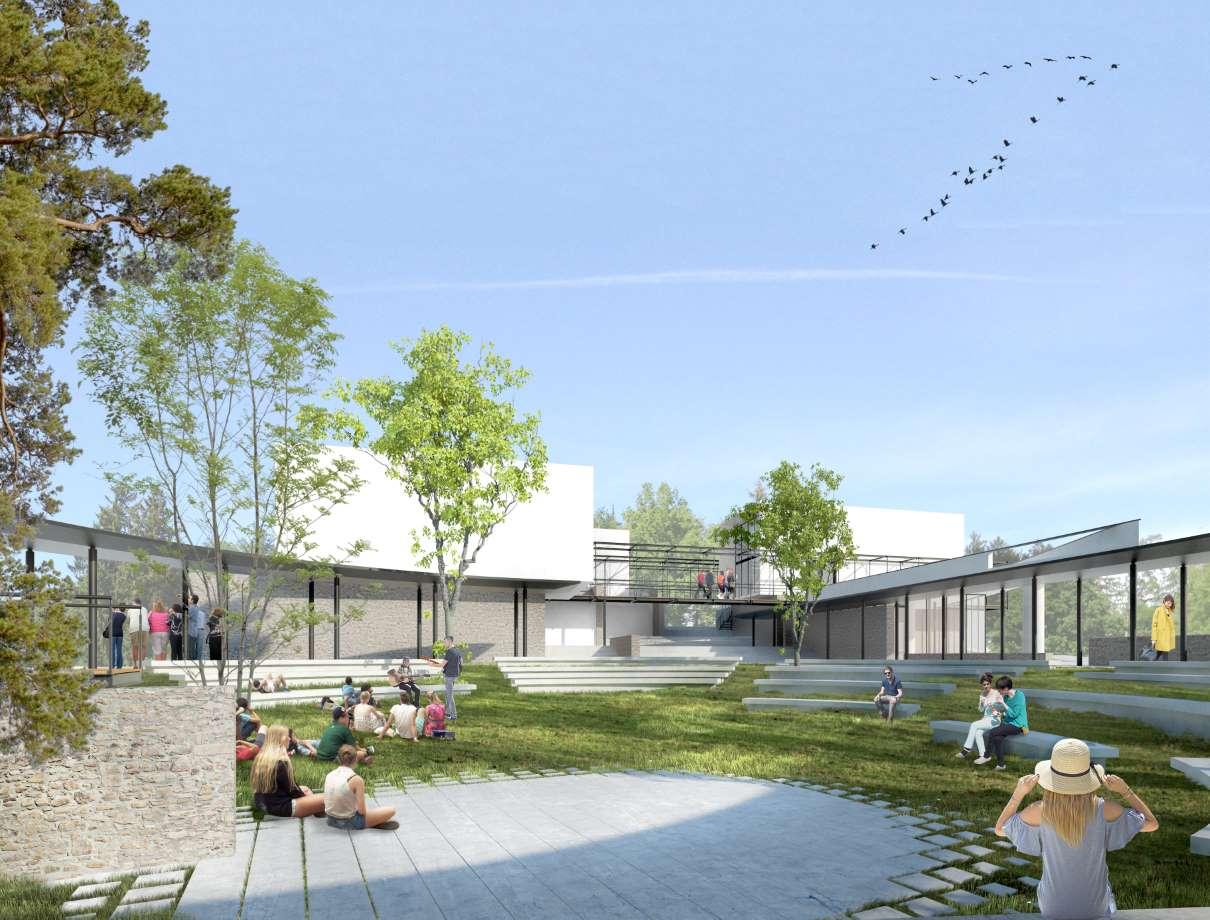A row is brewing in western Cyprus as a controversial dam proposed in Peyia sparks alarm from the Akamas mayor, who warns of disaster if it goes ahead.
A private company linked to the family of former president George Vassiliou plans to build a flood-retention dam in Peyia, Paphos, as part of a major unified development. The project, now managed by his three children under the name Aetheria Heights Ltd, has been met with fierce resistance from the neighbouring municipality of Akamas.
Akamas mayor Marinos Lambrou has written to government authorities urging them to reject planning permission for the dam, citing serious safety and environmental concerns.
“If extreme weather hits or the dam fails, lives will be at risk,” he warned, calling the project “unheard of” and “reckless”.
The proposed dam would collect stormwater and runoff temporarily before releasing it gradually to lower flood risk in the area. It is part of a broader €3 million development that includes 250 housing units, a rehabilitation centre, a research hub, an art gallery, shops, and restaurants.
According to the environmental study submitted, the dam is designed to hold 3,000 cubic metres of water and will take two years to complete once permits are granted. The report claims no negative impact on nearby homes or the environment, stressing that there will be no noise, fumes, or odours from its operation.
But mayor Lambrou remains unconvinced. In his letter addressed to the department of town planning, the Paphos district environmental authority, and the department of environment, he accuses state agencies of ignoring local concerns and pushing ahead under external pressure.
The dam would sit in an area classified as a protection zone (Z1), close to forested land and the Natura 2000 ecological network. Just one kilometre from Peyia’s historic centre, it also borders a residential zone where the same company is planning 44 plots.
“Authorities are deaf to our calls,” said Lambrou, warning of the irreversible damage to the landscape and Cyprus’ natural heritage. He also raised questions about the real motives behind the project, hinting at powerful interests driving it forward.
The study insists the dam is meant to prevent, not cause, flooding. Still, the Akamas municipality is calling for its full rejection, stating that the site’s steep terrain and proximity to populated areas pose unacceptable risks.
As the debate continues, residents and environmental groups are watching closely, fearing that once again, long-term safety could be sacrificed for short-term development. The final decision now lies with national authorities, who must weigh progress against the warnings of those on the ground.






Click here to change your cookie preferences